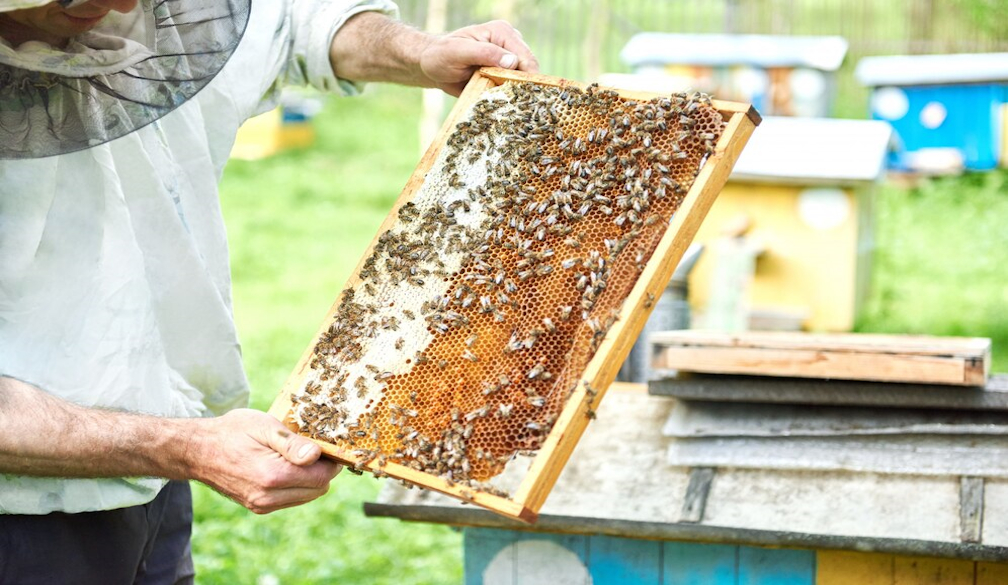How can beekeeping contribute to the preservation of pollinators

Pollinators play a vital role in ecosystems worldwide, facilitating the reproduction of flowering plants upon which many species, including humans, depend. However, in recent years, pollinators have faced numerous threats, including habitat loss, pesticide use, and climate change. Beekeeping, the practice of maintaining bee colonies, offers a promising solution to help preserve pollinator populations and safeguard biodiversity.
The Importance of Pollinators
Pollinators, including bees, butterflies, birds, and bats, facilitate the pollination of over 75% of the world's flowering plants and nearly 35% of global food crops. Without pollinators, many plants would be unable to reproduce, leading to a decline in biodiversity and threatening food security. Furthermore, pollinators contribute to the health of ecosystems by supporting other wildlife and maintaining ecosystem services such as soil fertility and carbon sequestration.
Threats to Pollinators
Despite their critical role, pollinators face numerous threats that endanger their populations. Habitat loss due to urbanisation and agricultural expansion deprives pollinators of essential foraging and nesting sites. Pesticide use, particularly neonicotinoids, can harm pollinators by impairing their navigation, reproduction, and immune systems. Climate change alters flowering patterns, disrupting the synchrony between plants and pollinators. Additionally, the spread of diseases and parasites, such as the Varroa destructor mite, poses significant risks to bee populations.
The Role of Beekeeping in Pollinator Preservation
Beekeeping offers several benefits for pollinator preservation and ecosystem health:
- Habitat Conservation: Beekeepers often maintain diverse floral landscapes to provide ample forage for their bees. By cultivating flowering plants and avoiding the use of pesticides, beekeepers create havens for pollinators in areas where natural habitats have been lost or degraded.
- Genetic Diversity: Managed honeybee colonies can serve as reservoirs of genetic diversity, which is crucial for resilience against diseases and environmental stressors. Through selective breeding and careful colony management, beekeepers can help maintain healthy populations of honeybees with diverse traits.
- Pollinator Education and Advocacy: Beekeepers play a vital role in raising awareness about the importance of pollinators and the threats they face. By engaging with their communities through workshops, educational programs, and outreach events, beekeepers inspire action to protect pollinators and their habitats.
- Pollination Services: Commercial beekeepers provide essential pollination services to agriculture, enhancing crop yields and quality. By renting out their colonies to farmers for pollination, beekeepers contribute to the production of fruits, vegetables, and nuts while promoting pollinator health through responsible hive management practices.
Challenges and Opportunities
Despite its potential benefits, beekeeping also faces challenges that need to be addressed to ensure its positive impact on pollinator preservation:
- Disease Management: Beekeepers must implement effective disease management practices to prevent the spread of pathogens within and between colonies. This includes regular monitoring for signs of disease, proper hive hygiene, and the use of integrated pest management strategies.
- Sustainable Practices: Beekeepers should prioritise sustainable beekeeping practices that minimise environmental impact, such as avoiding overstocking, reducing hive stress, and promoting natural forage sources.
- Policy Support: Governments and policymakers play a crucial role in supporting beekeepers and implementing policies that promote pollinator-friendly practices, such as habitat conservation incentives, pesticide regulations, and research funding for pollinator health.
Conclusion
Beekeeping holds tremendous potential to contribute to the preservation of pollinators and the ecosystems they support. By providing habitat, genetic diversity, education, and pollination services, beekeepers can play a crucial role in safeguarding pollinator populations and promoting biodiversity conservation. However, addressing the challenges facing beekeeping requires collaboration among beekeepers, researchers, policymakers, and the public to ensure the long-term health and resilience of pollinator communities worldwide.

























